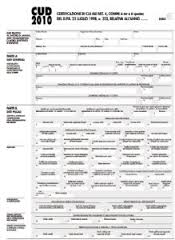cud
英 [kʌd]
美 [kʌd]
- n. 反刍的食物

记忆方法
记忆单词“cud”可以采用以下方法:
想象一个“c”形状的牛头在吃草,其口中留有未咀嚼的“草团”,即“cud”。这种方法将“cud”与牛吃草的场景相结合,帮助记忆其含义为“未咀嚼的饲料团”。
想象一个“c”形状的牛头在吃草,其口中留有未咀嚼的“草团”,即“cud”。这种方法将“cud”与牛吃草的场景相结合,帮助记忆其含义为“未咀嚼的饲料团”。
以上内容由AI生成, 仅供参考和借鉴
中文词源
cud 反刍的食物
来自古英语cudu,松脂,胶质。
英语词源
- cud
-
cud: [OE] The etymological meaning of cud appears to be ‘glutinous substance’. It is related to a wide range of Indo-European words in this general sense area, including Sanskrit játu ‘gum’, German kitt ‘putty’, and Swedish kâda ‘resin’, and the first syllable of Latin bitūmen (source of English bitumen [15]) is generally referred to the same source. Quid ‘piece of tobacco for chewing’ is a variant of cud.
=> bitumen, quid - cud (n.)
- Old English cudu "cud," earlier cwudu, common Germanic (compare Old Norse kvaða "resin," Old High German quiti "glue," German Kitt "putty"); perhaps from PIE root *gwet- "resin, gum."
权威例句
- 1. cows chewing the cud
- 在咀嚼反刍食物的牛
- 2. The cow in the nearby field was still chewing placidly on its cud.
- 附近地里的牛仍在安静地反刍食物。
- 3. I will no longer chew the cud of misfortune that Fate ekes out to us.
- 我将不再反复地思考命运给我们的不幸.
- 4. She just stood there calmly gazing at me and chewing he cud.
- 它只是站在那儿,静静地望着我,嘴里咀嚼着从胃里吐出的东西.
- 5. The horse is chewing the cud.
- 那匹马正在倒噍.